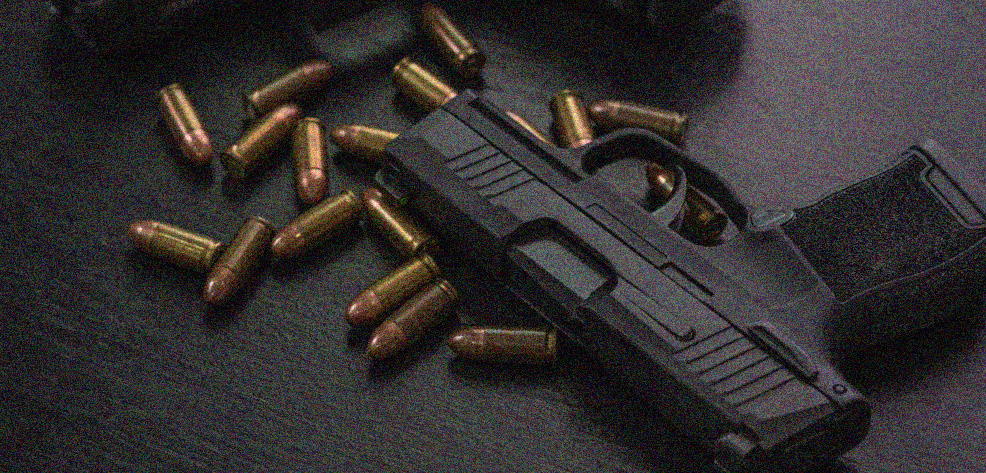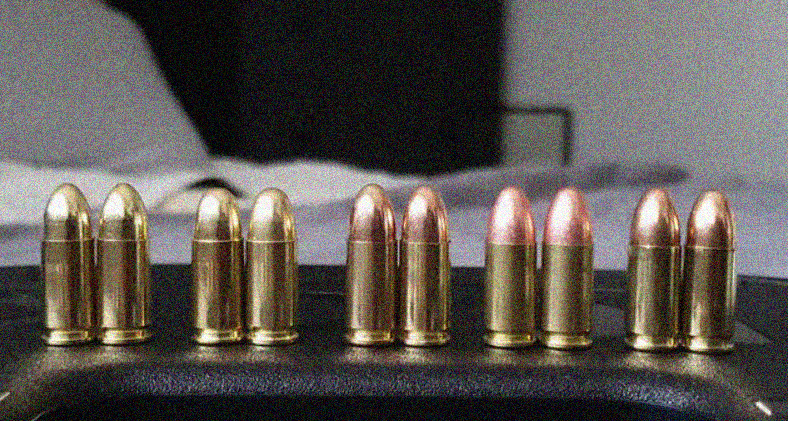Steel-cased ammo is a popular choice for people who want to save money on ammo, but it’s not allowed at most shooting ranges. That’s because steel cases can’t be reliably ejected from guns, and they can also damage the gun’s barrel.
When a round of ammunition is fired, the case expands slightly due to the heat and pressure of the explosion. If that case isn’t made of a soft metal like brass, it can deform or even break when it’s ejected from the gun. Brass cases are more expensive than steel cases, but they’re worth the extra cost because they’re less likely to cause damage to your gun.
It’s not steel cases that you can’t shoot at a range–it’s aluminum. Steel cases can be shot at a range, but they can cause damage to the gun and the shooter’s hearing.
When you shoot a gun, the primer (a small explosive) is detonated by the firing pin. This detonation causes the powder inside the cartridge to combust, which in turn expels the bullet from the casing. The problem with aluminum cases is that they are softer than brass cases and can be damaged more easily. This leads to corrosion of the chamber and barrel of the gun, as well as gas leaking from around the case which can cause hearing damage. Steel cases are harder than aluminum and don’t corrode or dent as easily, but they can cause damage to the gun if they’re used too often.
When you shoot steel-cased ammo, the steel casing can shatter and send shards of metal flying through the air. These shards can damage the guns of other shooters, and also pose a serious safety hazard. For that reason, many ranges do not allow shooters to use steel-cased ammo.
In addition, some people believe that steel-cased ammo can cause damage to gun barrels. While there is some evidence that this may be true, it’s not clear yet whether or not this is a problem. So until more is known, it’s best to play it safe and avoid using steel-cased ammo at the range.
Steel-cased ammo is less expensive than brass-cased ammo and is manufactured to tighter tolerances than brass. This makes it a popular choice for people who reload their ammunition. However, steel cases are more difficult to extract from a gun than brass cases, and this can cause malfunctions in the firearm.
In addition, steel-cased ammo generates more fouling (residue) inside the barrel of the gun, which can lead to decreased accuracy and increased wear on the firearm. For these reasons, most ranges do not allow shooters to use steel-cased ammo.
There are a few reasons why you can’t shoot steel-cased ammo at a range.
First, the casings can cause damage to firearms.
Second, the steel in the casing can cause sparks that could potentially start a fire.
And finally, the steel can also corrode and damage gun barrels over time.
Please login or Register to submit your answer


